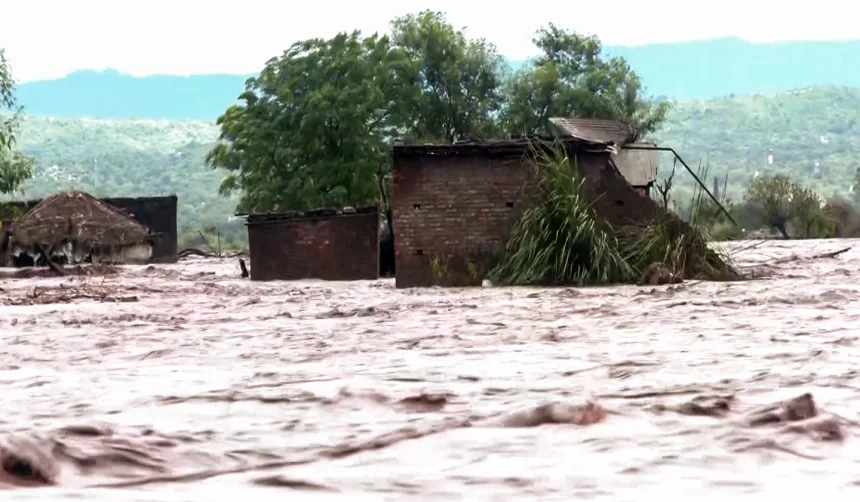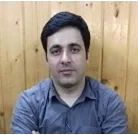Jammu, Sept 04: The unprecedented rainfall after more than a century has resulted in widespread devastation and hardship for residents. The heavy downpour has caused the collapse of the Intelligent Traffic Management System (ITMS), leading to severe traffic chaos across the city.
Almost all traffic signals and signals installed under the ITMS at key locations, including Bikram Chowk, Asia Chowk, Gandhi Nagar, outside GMC, and other inner areas, have become defunct, disrupting traffic flow and creating confusion on the roads.
The city’s water infrastructure has suffered extensive damage. Major water filtration plants situated alongside River Tawi, such as Seetli, Boria, and others near water bodies, have been severely affected by the rainfall. As a result, water supply to most parts of Jammu has been severely disrupted, with many areas experiencing no water for the past 4-5 days. Even where water supply has resumed, it is often available for only 20-25 minutes at a time.
In Bahu Constituency, which includes upscale localities like Gandhi Nagar, Nanak Nagar, Greater Kailash, Sainik Colony, Bahu areas, Narwal, and Bahu Plaza, only about 50% of the water supply has been restored so far.
Similarly, Jammu West, the largest constituency of Jammu and Kashmir, and Jammu East, comprising the old city areas, have also been grappling with a severe water crisis for over ten days.
Locals said that since August 25, water supply disruptions have continued in these regions. They said the wards 25, 24, 26, 39, 16, 17, 18, as well as areas like Ban Talab, Jani Pur, and Roop Nagar, have received no water supply for more than ten days.
The ongoing water shortage has been worsened by a power outage affecting the region. While efforts are underway to restore electricity, only about 80% of the power supply has been re-established so far.
KK Thappa, Chief Engineer of Power Development Department (PDD), said, “We have restored 80% of the power supply in Jammu region and expect full restoration within 2-3 days.”






